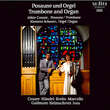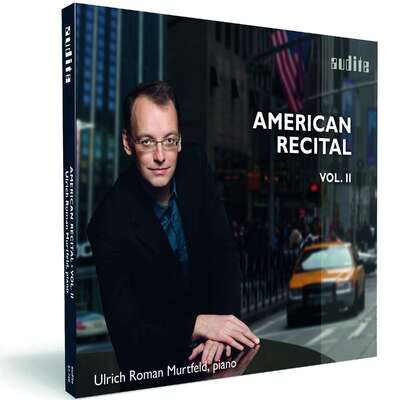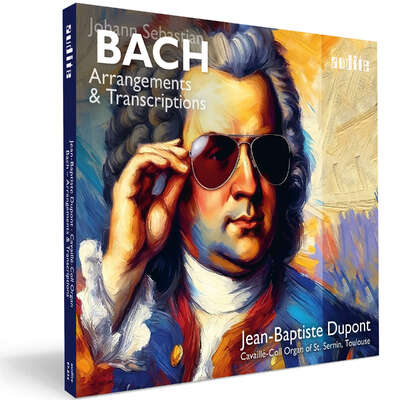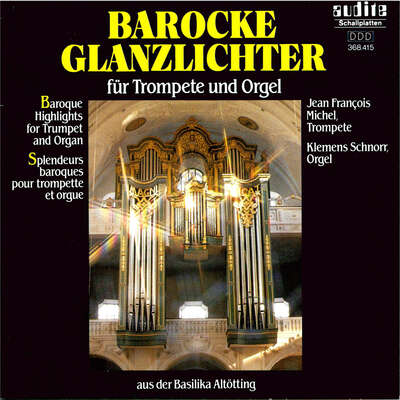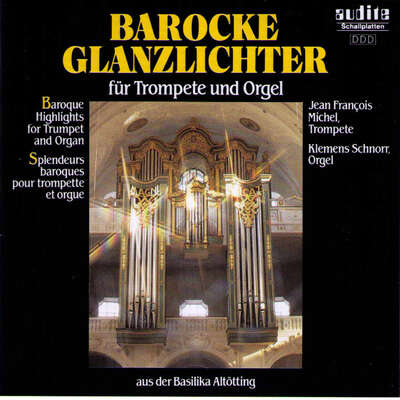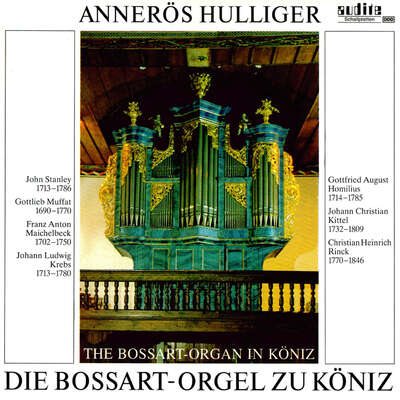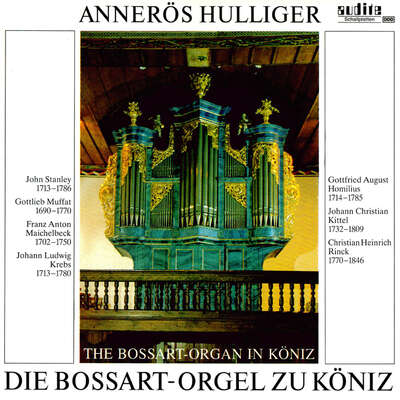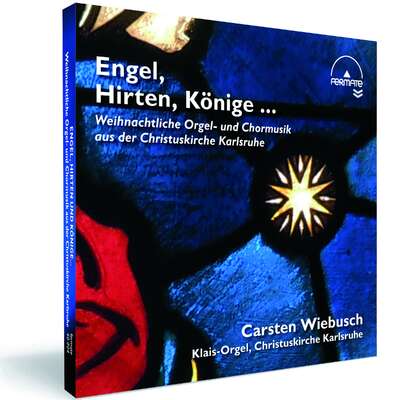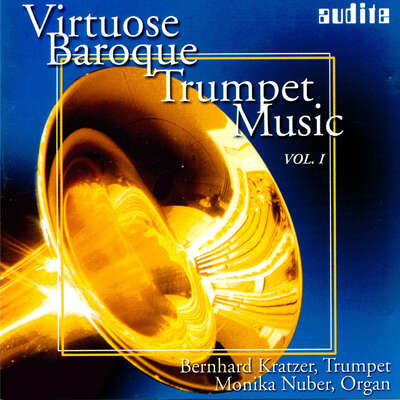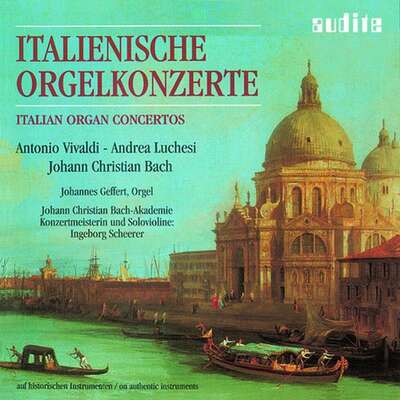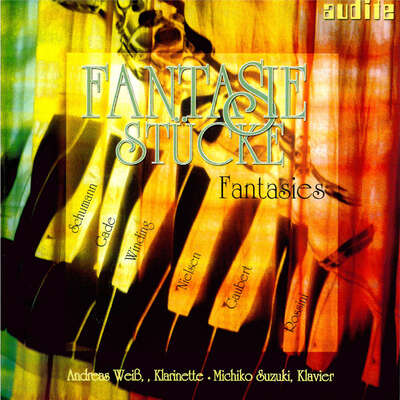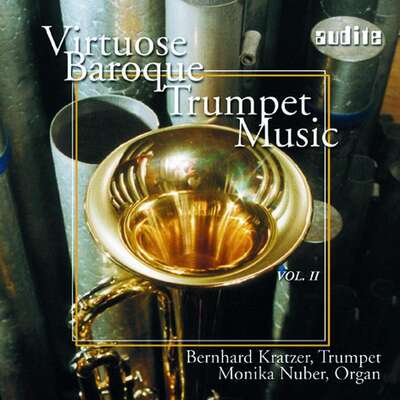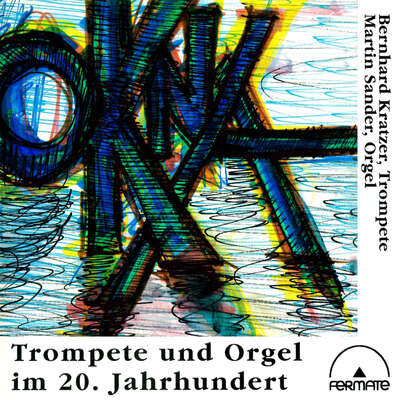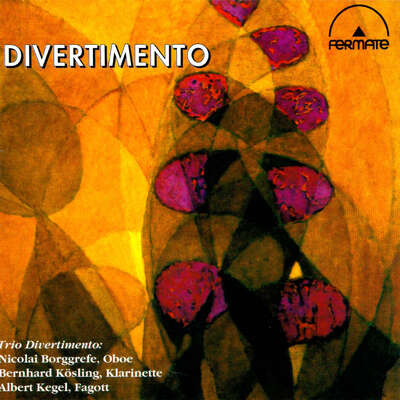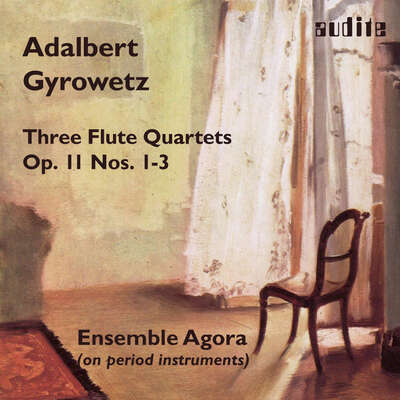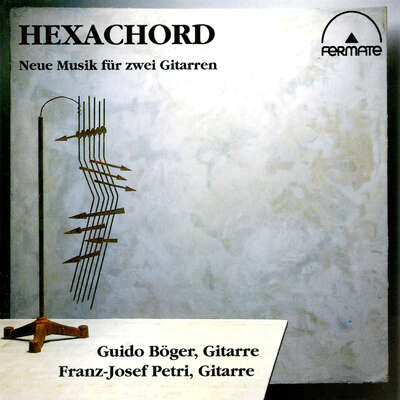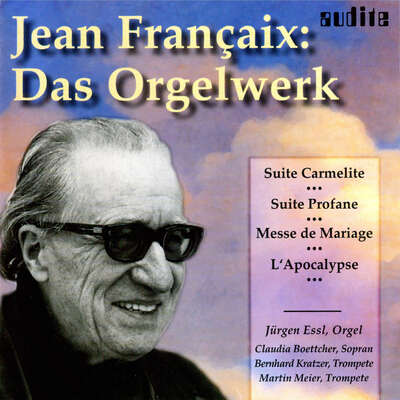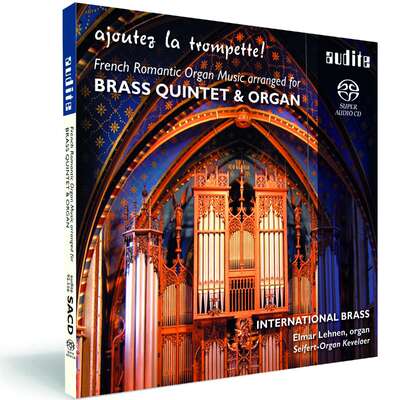
LP-120g
(48:23) für
Auto-Rip
Auto-Rip
momentan nicht lieferbar
Giovanni Martino Cesare | George Frideric Handel | Johann Ludwig Krebs | Benedetto Marcello | Alexandre Guilmant | Robert M. Helmschrott | Charles Ives
"Mit ausgeprägtem Klangsinn führt Abbie Conant durch vier Jahrhunderte Posaunenliteratur...Perfekte Virtuosität, in der die Schwergewichtigkeit der modernen Posaune vollkommen aufgehoben ist." (Neue Züricher Zeitung)
Details
| Trombone & Organ | |
| Artikelnummer: | 68.410 |
|---|---|
| EAN-Code: | 4022143684103 |
| Preisgruppe: | BCR |
| Veröffentlichungsdatum: | 1. Januar 1987 |
| Spielzeit: | 48 min. |
Besprechungen
American Record Guide | 4/2002 | Roger Hecht | 1. Juli 2002
Abbie Conant is known (perhaps unfairly) as a cause celebre for woman brass players. She won the principal trombone job in the Munich Philharmonic inMehr lesen
Abbie Conant is known (perhaps unfairly) as a cause celebre for woman brass players. She won the principal trombone job in the Munich Philharmonic in 1980 and was awarded tenure a year later by her colleagues. New conductor Sergiu Celibidache tried to overrule the orchestra--"...we need a man for solo trombone", he reportedly said--before moving her to Second Trombone. Conant fought the action in the German courts, winning reinstatement in 1993. She then resigned, took a position at a German conservatory (Conant is American) and to my knowledge has never returned to orchestra playing. Today she teaches in Germany, performs solo (including electronic) works, and appears in pieces by her husband, composer William Osborne.
Conant is a fine player on this 1987 recording. Her technique is not flashy, but it is polished, and her legato is smooth and clean. She has a dark, Teutonic sound whose emphasis on lower overtones gives it a warm upper register and a slight burr and spread in the middle. Its contour is more flat than round and focussed, but it nicely complements her earthy, human approach to the instrument. I suspect Barry Kilpatrick (July/Aug 1995) likes her sound better than I do, but I essentially agree that "her golden tone, combination of lyricism and power, and heartfelt expressiveness--is present in everything she plays".
These qualities are especially present in the romantic works, and it's great to have them available in such fine performances. The Guilmant is a compact, rewarding bit of Franckian romanticism whose sharp structural changes Conant handles effectively while making the piece soar. The darker, more abstract Robert Helmschrott work varies from elegiac to declamatory to jubilantly technical. Conant introduced it in 1984, and its mysterious, yet heroic quality suits her well. Schnorr's Ives arrangement assigns melodic lines to the trombone, effectively adding the instrument as a stop to the original organ scoring. It too fits Conant's style. The Giovanni Cesare is said to be the first solo work for trombone (c 1621), and Conant's broad, extroverted approach is just right.
I am not quite as fond of her Handel and Marcello. The playing is solid and fluid, especially in the high register, and the ornamentation (mostly trills) is well executed and judicious. I just prefer a rounder, sleeker tone and a sweeter, more baroque style. I would like more lyrical shaping of the rhythmic figures in the Allegros and in the Larghetto of the Handel. There is also too much smoothing of the dotted rhythms in that Larghetto and a few crass measures in the first Allegro of the Marcello. Despite these quibbles, I enjoyed both performances. The only one I don't like is the Johann Krebs, where the trombone supplies a tenor cantus firmus to a vigorous chorale prelude. This calls for a round, noble sound, particularly given Schnorr's (fittingly) dynamic playing. Conant's flatish tone makes the part seem vestigial.
The recorded sound is good, though we are reminded that church acoustics favor organs at the expense of other solo instruments. The soloist is slightly distant to the point where Schnorr's fine organ playing sometimes threatens to push even the powerful trombone of Abbie Conant aside. Neither this nor the other minor problems detract seriously from a fine recital.
Conant is a fine player on this 1987 recording. Her technique is not flashy, but it is polished, and her legato is smooth and clean. She has a dark, Teutonic sound whose emphasis on lower overtones gives it a warm upper register and a slight burr and spread in the middle. Its contour is more flat than round and focussed, but it nicely complements her earthy, human approach to the instrument. I suspect Barry Kilpatrick (July/Aug 1995) likes her sound better than I do, but I essentially agree that "her golden tone, combination of lyricism and power, and heartfelt expressiveness--is present in everything she plays".
These qualities are especially present in the romantic works, and it's great to have them available in such fine performances. The Guilmant is a compact, rewarding bit of Franckian romanticism whose sharp structural changes Conant handles effectively while making the piece soar. The darker, more abstract Robert Helmschrott work varies from elegiac to declamatory to jubilantly technical. Conant introduced it in 1984, and its mysterious, yet heroic quality suits her well. Schnorr's Ives arrangement assigns melodic lines to the trombone, effectively adding the instrument as a stop to the original organ scoring. It too fits Conant's style. The Giovanni Cesare is said to be the first solo work for trombone (c 1621), and Conant's broad, extroverted approach is just right.
I am not quite as fond of her Handel and Marcello. The playing is solid and fluid, especially in the high register, and the ornamentation (mostly trills) is well executed and judicious. I just prefer a rounder, sleeker tone and a sweeter, more baroque style. I would like more lyrical shaping of the rhythmic figures in the Allegros and in the Larghetto of the Handel. There is also too much smoothing of the dotted rhythms in that Larghetto and a few crass measures in the first Allegro of the Marcello. Despite these quibbles, I enjoyed both performances. The only one I don't like is the Johann Krebs, where the trombone supplies a tenor cantus firmus to a vigorous chorale prelude. This calls for a round, noble sound, particularly given Schnorr's (fittingly) dynamic playing. Conant's flatish tone makes the part seem vestigial.
The recorded sound is good, though we are reminded that church acoustics favor organs at the expense of other solo instruments. The soloist is slightly distant to the point where Schnorr's fine organ playing sometimes threatens to push even the powerful trombone of Abbie Conant aside. Neither this nor the other minor problems detract seriously from a fine recital.
Abbie Conant is known (perhaps unfairly) as a cause celebre for woman brass players. She won the principal trombone job in the Munich Philharmonic in
